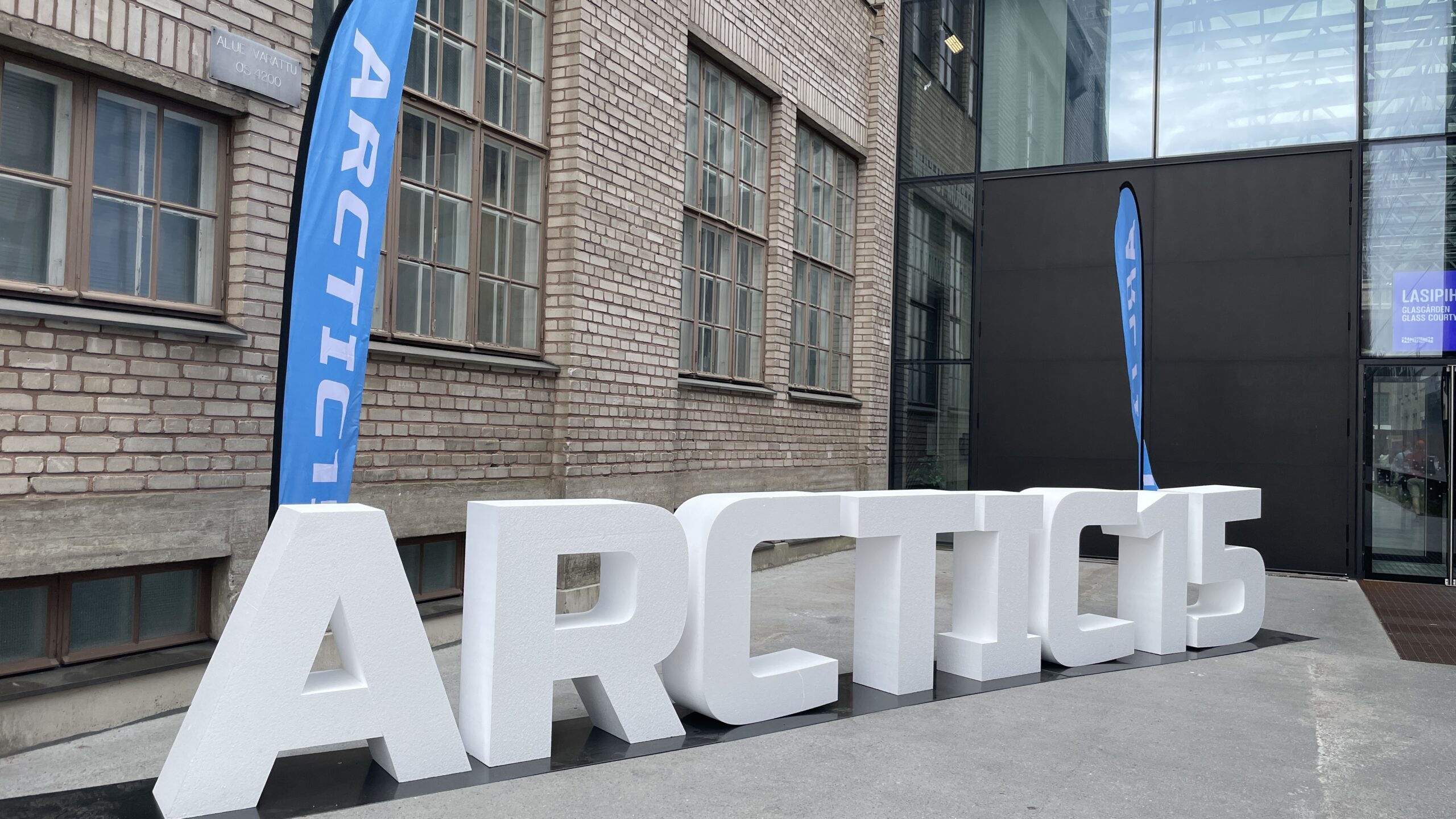With new national strategies focused on increasing digitalization and technical competencies, the Nordic countries are facing an urgent need to innovate within education. A strong ed-tech cluster can help address this.
The public sector has traditionally been lacking in it’s abilities to focus on innovation, which is why often, industry organizations and NGO’s help pick up the slack. When all the associated institutions in a particular field in a region become interconnected, it is called a business cluster.
Strong industry clusters exist across the Nordics, such as in pharmaceuticals and audio technologies. As ed-tech grows in potential and capability, an ed-tech cluster is needed to help shepherd these innovations into education.
Business clusters can sometimes seem counter-intuitive – after all, isn’t the point to have the most competitive business? And what if someone steals your business idea, or worse, takes over your market?
But business clusters are critical to success, as any top startup hub can attest to. And the Nordics have a natural advantage when it comes to the ed-tech industry.
“When you build a hub, you build the industry strength in the region,” says Blair Stevenson of Oulu EduLAB Lab, “and the Nordics have a strength in education.”
Getting everyone on the “same bus”
In metaphorical terms, as communities develop, all the players are headed in the same direction, but are on different buses. But this can hinder development – as fragmented communities are less able to knowledge-share and support each other.
As clusters defragment, important questions can be answered. What products and services are available? How are they evolving? How can they be more successful? Clusters can also bring the right people together. As Geir Sand Nilsen, founder of Ed-tech Foundry explains, “[You can] create power couples with large institutions and fast-moving startups.” And with raised awareness and strong industry networks, it is easier to “buy, test, and implement educational technologies without bureaucratic burden.”
A strong cluster can both build a collaborative culture around ed-tech in the Nordic region, and pick up the slack where the public sector is lacking.
Lars Willner, Country Manager of Inspera Sweden, says:
“In general, the public sector focuses on the infrastructure – just getting a computer or device into schools. What is missing is a parallel investment in network connectivity, competence development, and digital leadership. We need to have a more holistic perspective.”
CEO of Peergrade, David Kofoed Wind, has experienced the need for a cluster firsthand. While he sees huge benefits in connecting with other ed-tech companies, he has difficulty finding them to begin with.
“Our best marketing platform has been learning conferences, where we meet other ed-techs. I am able to learn not just about selling the product, but the pedagogy behind it and how to interact with teacher, e-learning consultants, and administration to get a fuller perspective.”
He agrees that an ed-tech cluster can also advocate for the best policies to grow ed-tech.
“A cluster can really, really increase the visibility of opportunities and best practices. Clusters are all about raising awareness in general – they can not only reach the schools, but the decision makers in the government.”
He is not alone in having difficulty interacting with the ed-tech community.
“The ed-tech cluster has been small and relatively fragmented,” says Viktor Sebes, founder of EdQu. “We haven’t really had too much interaction with other players, except during meetups in fairs or similar.”
While it sees obvious that ed-tech companies could find each other through the startup community, it is important to remember that ed-tech operates in a different type of market, which is often disconnected from the startup ecosystem.
“There’s a lot of startups doing ed-tech but a lot are not doing so well when it comes to raising normal startup KPIs,” David explains.
Taking the first steps
Some countries are off to successful starts, including Norway, which has founded the ed-tech cluster EdTech Norge. “We, and other Norwegian ed-tech companies I’ve talked with, see the cluster as valuable resource well-worth our time. I’m confident they will help us all grow,” says Geir.
In Sweden a new initiative called EdTech Sweden, spearheaded by Jannie Jeppesen, is now taking the first steps to reach out and build an industry stronghold. They are creating the first ever industry mapping of Swedish ed-techs, so there is transparency between all the community players.
Learn more and join the industry mapping here.
 Nordic Startup News Early Stage Startup News From The Nordics
Nordic Startup News Early Stage Startup News From The Nordics



I think this article brings up an important topic, and one that my colleagues and I have discussed with Nordic Innovation since we completed our Nordic Edupreneuring project in 2013. Among the 50 or so Nordic edtech companies we identified, profiled and evaluated, most of them complained about not having sufficient contact with their Nordic edtech peers–echoing what Viktor Sebes said in the article::”We haven’t really had too much interaction with other players, except during meetups in fairs or similar.”. Nordic Innovation agreed that we needed to continue our work and to help create a Nordic EdTech Network (NEN) and community, and we finally received a signed contract last week, so the project is now official. You can learn more about it here; http://net.futurelearninglab.org/ We are committed to sharing information and to collaborate with interested players and also to being transparent in all we do, including sharing our lists of Nordic EdTech companies, by country, on our website. So check it out and let us know if any are missing. Over the next year we will take a deeper dive into the data to better understand the lay of the Nordic edtech land, both the static and the dynamics of the emergent industry landscape. And we are committed to collaborating with all the players in the Nordic edtech ecosystem, and have had many conversations already with Jannie Jeppesen of Edtech Sweden, Antti Korhonen of xEDU, Blair Stevenson of Oulu EduLAB, and Hege Tollerud in Oslo EdTech Cluster, among others. I was also been interviewed about these things by the author of this article, but perhaps Lisa avoided to mention us since we were not “official” yet! Finally, there are a number of related and interconnected concepts that should be kept in mind when thinking about how to help stimulate the Nordic edtech industry. Incubators, accelerators, ecosystems and clusters are connected and related terms that we should keep in mind. I live and work in Silicon Valley, which arguably is the most advanced edtech ecosystem in the world, as this region now has a very large number of edtech companies, edtech professional support services, sophisticated edtech investors (from angels, seed investors and VCs and corporate VCs that have been investing in edtech companies, as well as many insightful edtech analysts and media organizations (such as EdSurge). One of the things we want to do in NEN is to connect Nordic edtech players (i.e. those who are ready to take this step) to the Silicon Valley edtech ecosystem. Come and visit us at the NEN website and join the conversation–and ideally come to the World Learning Summit 2016 in Kristiansand during June 14-16 and engage our visiting Silicon Valley speakers and others–see http://wls.futurelearninglab.org/